There’s nothing impartial or even-handed in Labor’s support for the Indigenous voice to parliament
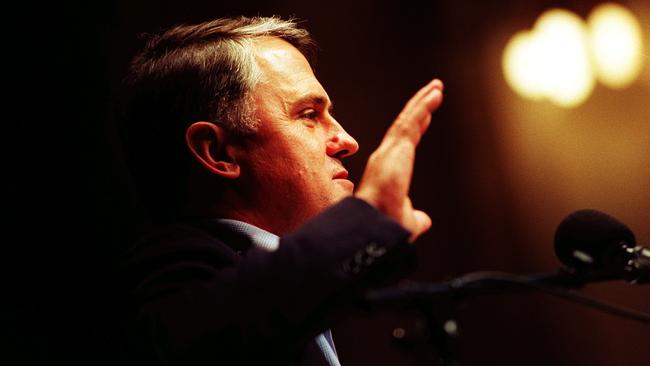
Any disinterested spectator would have noticed that there was meticulous procedural fairness in how the referendum was run. Howard and his government were scrupulously even-handed as regards those who were on the other side of the referendum debate.
Most importantly, both the Yes and the No sides of the referendum were equally funded by government, and this despite the fact the preponderance of corporate money would go to the side opposed to Howard and the constitutional monarchists, and Howard knew it.
No one can say the same about how Anthony Albanese is running this referendum proposing to add a new chapter to our Constitution involving a voice body. The way it’s being run looks close to being an attempt to put a heavy thumb on the scales, most obviously because Labor and the Prime Minister have opted not to fund the No case.
Can you imagine the reaction had Howard decided he would not fund the Yes case for a republic back in 1999? The near duplicitous response from this government is that “well, we’re not funding either side of the referendum this time, so that’s fair”. But this is sophistry.
Albanese knows the vast preponderance of the corporate, sporting and even charity world are going to pour money into the coffers of the Yes campaign. And, of course, the ABC and the bulk of the legacy media have a clear preference for one side to win, and readers know this will be reflected in what is reported, and how.
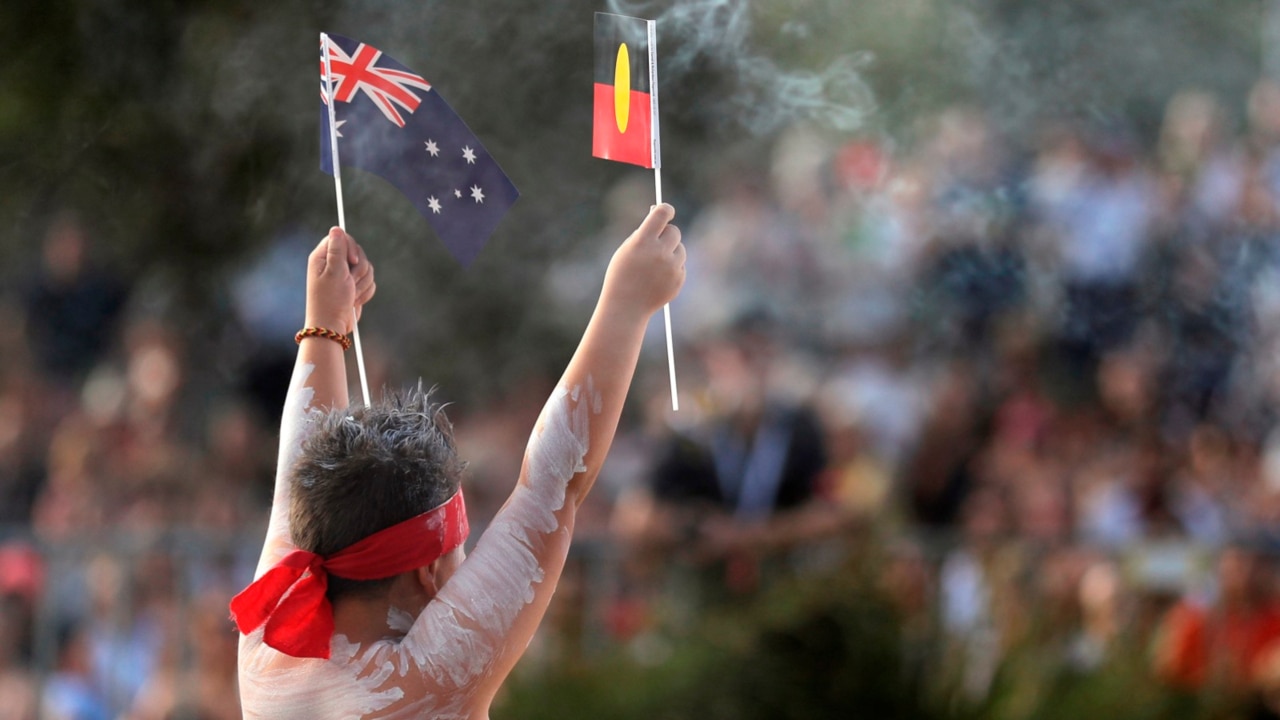
So withholding government funding from the two sides in this referendum, something that has almost never happened in any of the other 44 constitutional referendums we’ve held in Australia, goes a long way to making it hard for the No campaign to get its case to the people. And that, our disinterested spectator would surmise, is the whole point.
It gets worse. Although the government says it is funding neither side, it has allocated tens of millions of dollars on a public information campaign and TV ads. The idea that a bureaucracy and government that has shaped its whole agenda around getting this referendum passed can be impartial and even-handed is laughable.
The great English philosopher John Stuart Mill knew the best way to approach truth is to open up the cauldron of competing ideas and leave those most committed to a position able to do so. Someone who favours gun control makes the case better than someone opposed trying his darnedest to be impartial – assuming he is trying to be impartial.
And so it is that we see the early TV ads being cutesy and casuistical. They emphasise “recognition” when most opponents would be happy with some mention in the preamble, and are actually opposed to creating this body that will be chosen by only some Australians (thereby conflicting with the core principle of life in liberal democracies, namely equal citizenship). No mention of that in the ads. Nor do they mention that most of us in the No camp see this proposal as leading to judicial activism – because in a few years the sort of judges who have of late been incredibly activist around Aboriginal matters will turn “may make representations to parliament” into some sort of constitutional right to be consulted.
The ads skip over another key point. What will be encompassed by “making laws with respect to matters relating to Aboriginal peoples”? Watch the government’s “purely factual” ads and there’s a fair chance you’d come away with the idea that only laws directly and solely affecting Aboriginal people will fall within the aegis of this voice body.
That is almost certainly untrue. Every law any parliament passes can be thought to relate to Aboriginal peoples, and indeed to all of us. Give it 10 years and see if that’s not the top court’s interpretation.
I’ve been opposed to this voice proposal from day one. It’s wrong on moral grounds (for going down the group rights road and breaking the commitment to equal citizenship). It’s wrong on political grounds because our already sclerotic lawmaking process will grind massively more slowly if this body has to be consulted on near-on everything. And it’s wrong on legal and constitutional grounds (not least because this will be the first proposed referendum mooting a new chapter in our Constitution, a fact that is begging the judges to be activist, because past forays into “making it up at the point of application” always involve judges pointing to the structure and different-chapters nature of our Constitution).
That’s my substantive position.
But the worst feature of all as regards what is going on is the way the PM and Labor are gaming the whole referendum process in a way Howard wouldn’t, and in fact didn’t.
This alone is reason enough to vote no.
James Allan is Garrick professor of law at the University of Queensland.

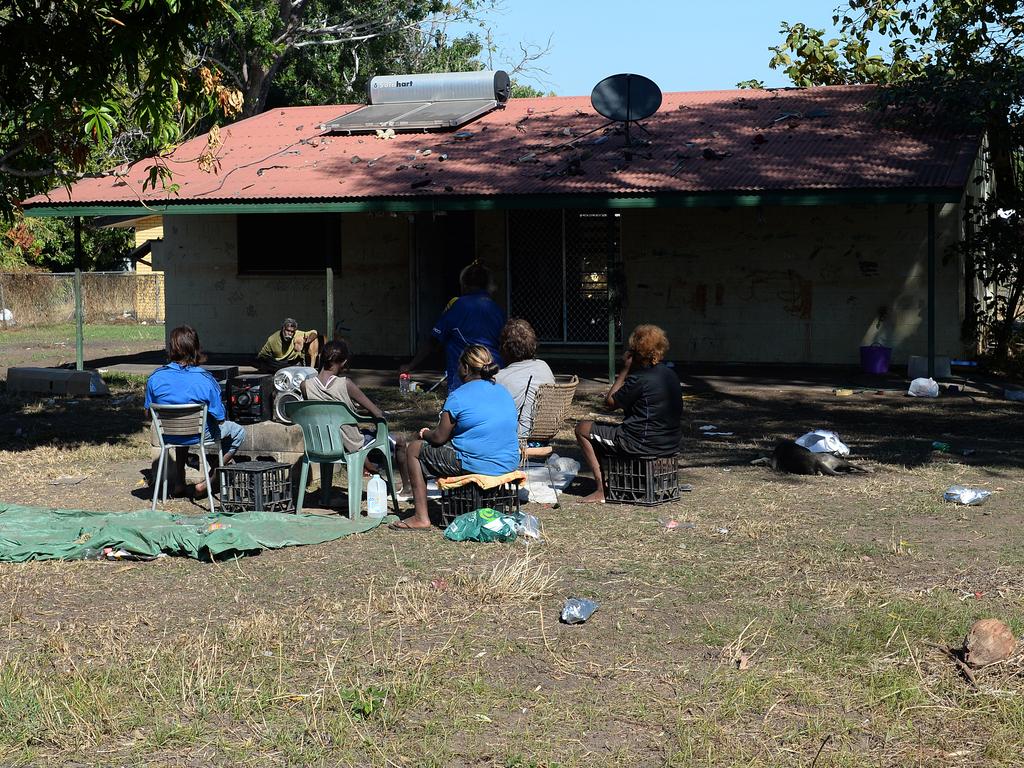
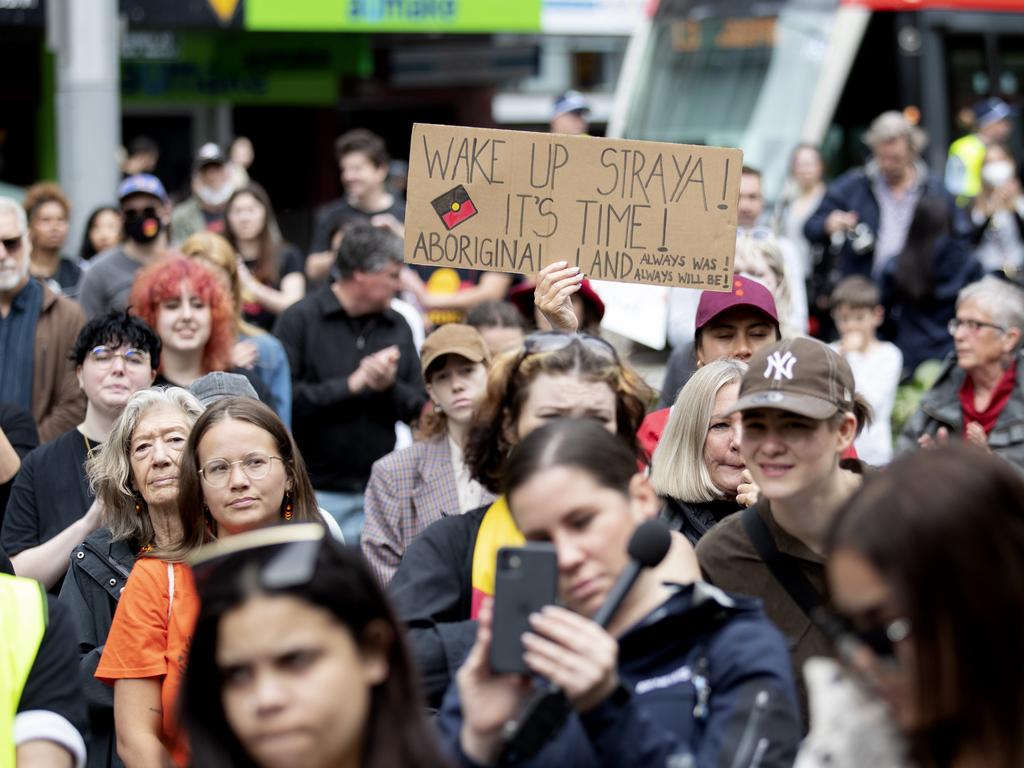
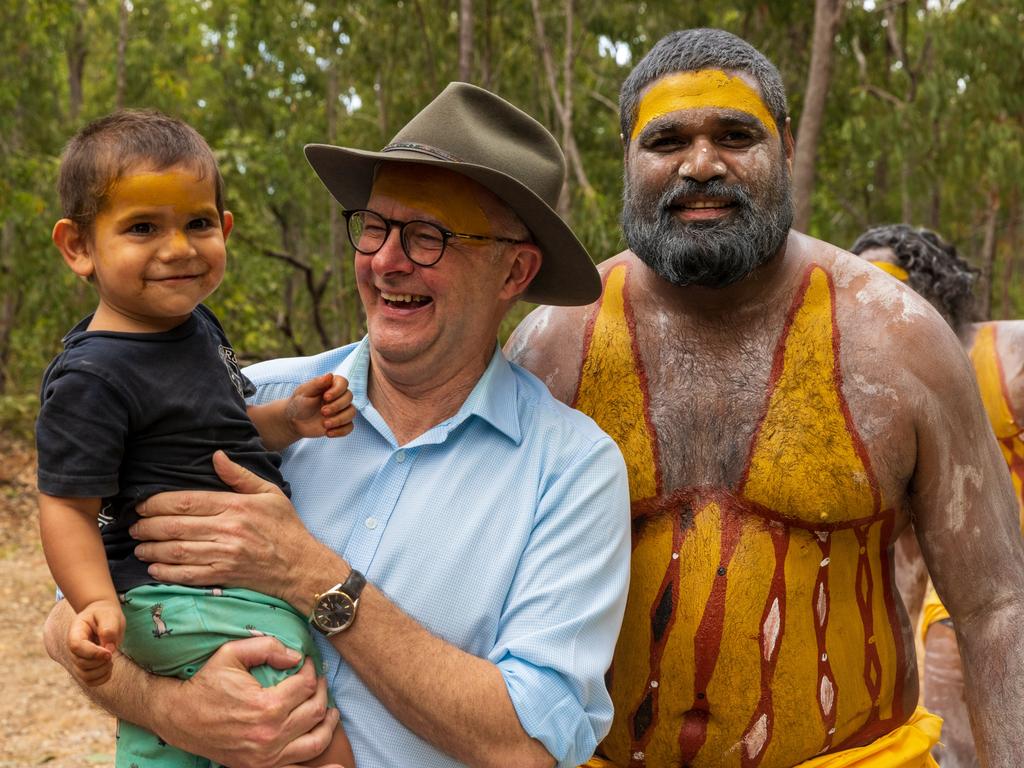


Think back to the last constitutional referendum held in this country, nearly a quarter of a century ago. There were two proposed changes, but the main one was about a move to a republic. John Howard, himself a constitutional monarchist, was prime minister.